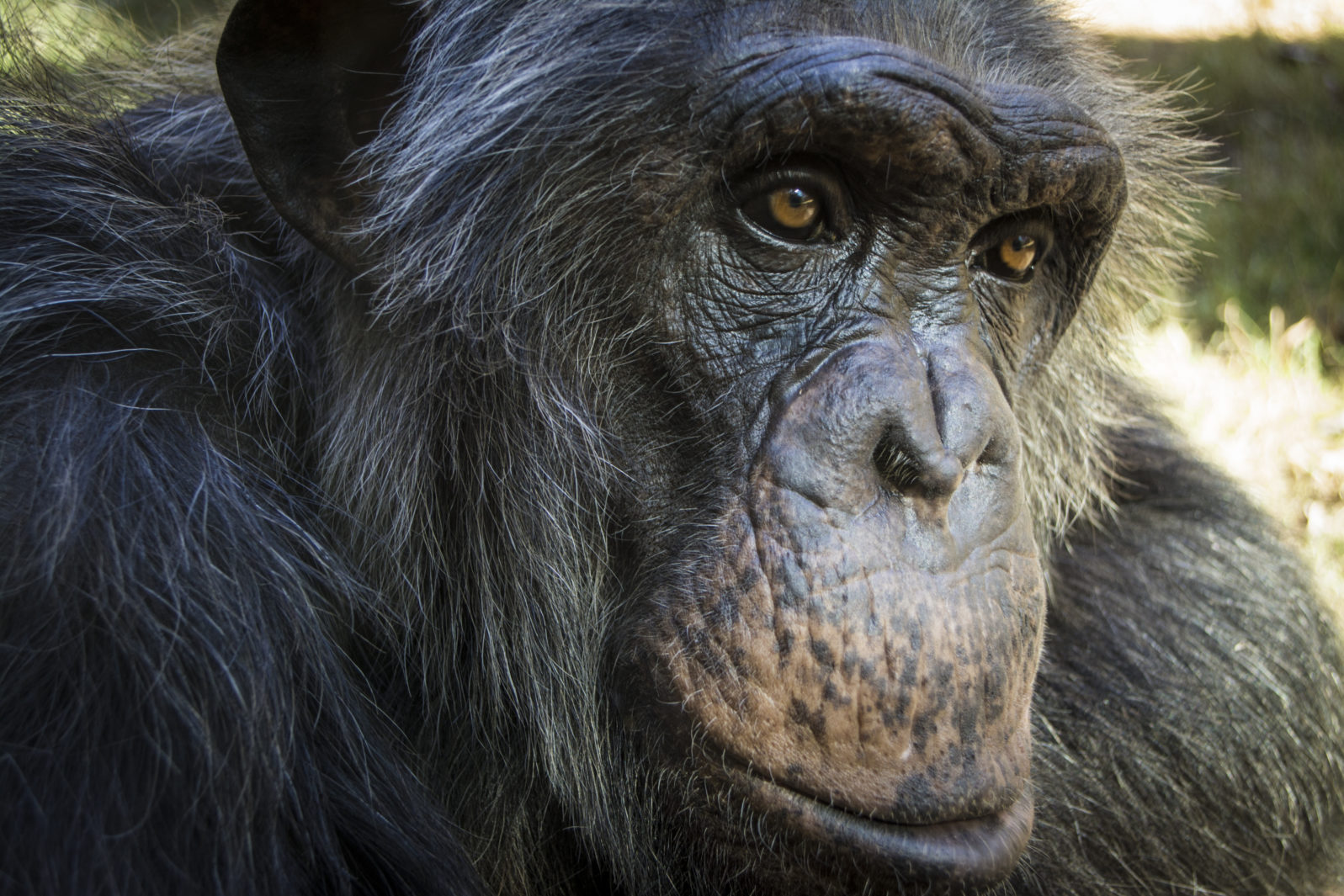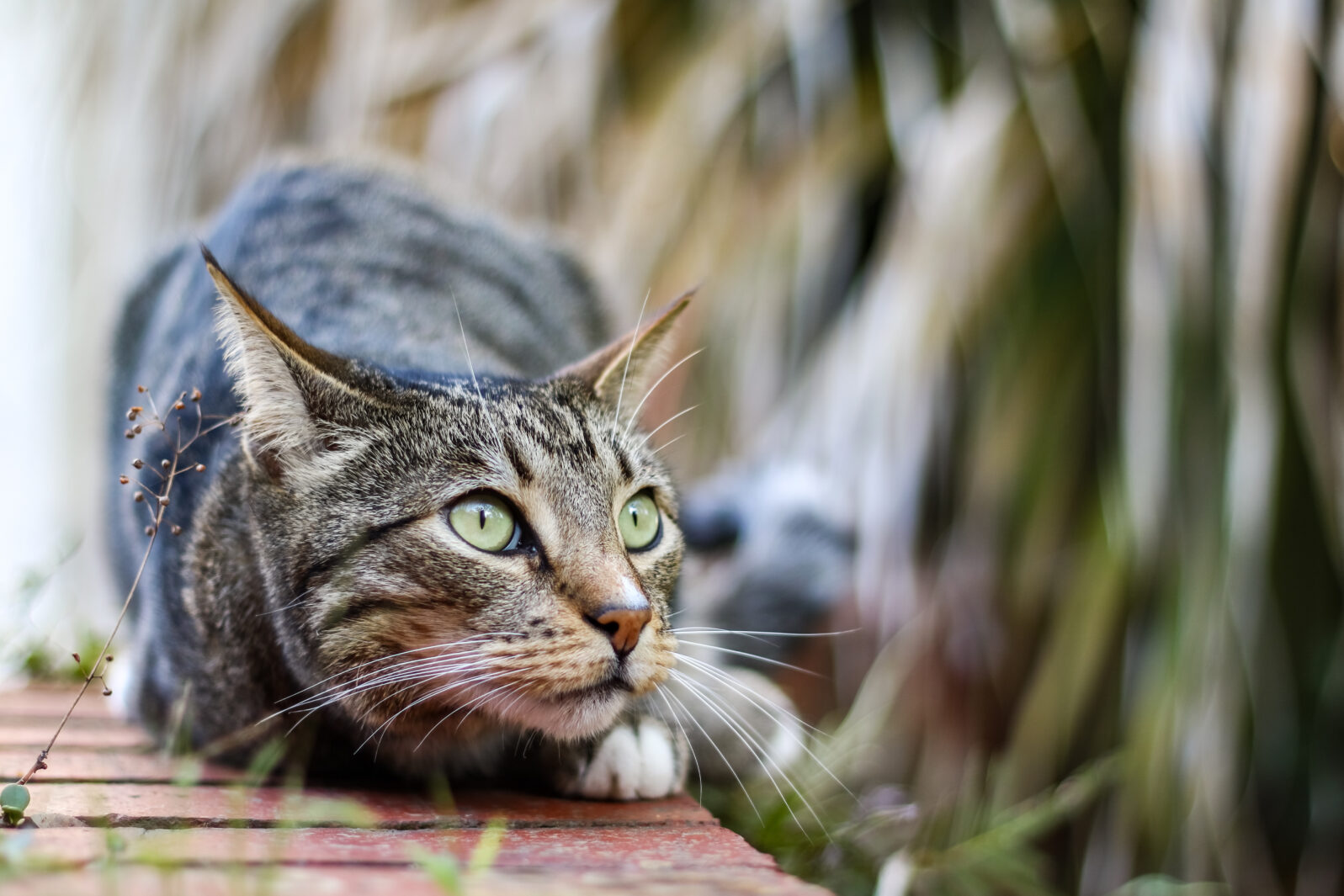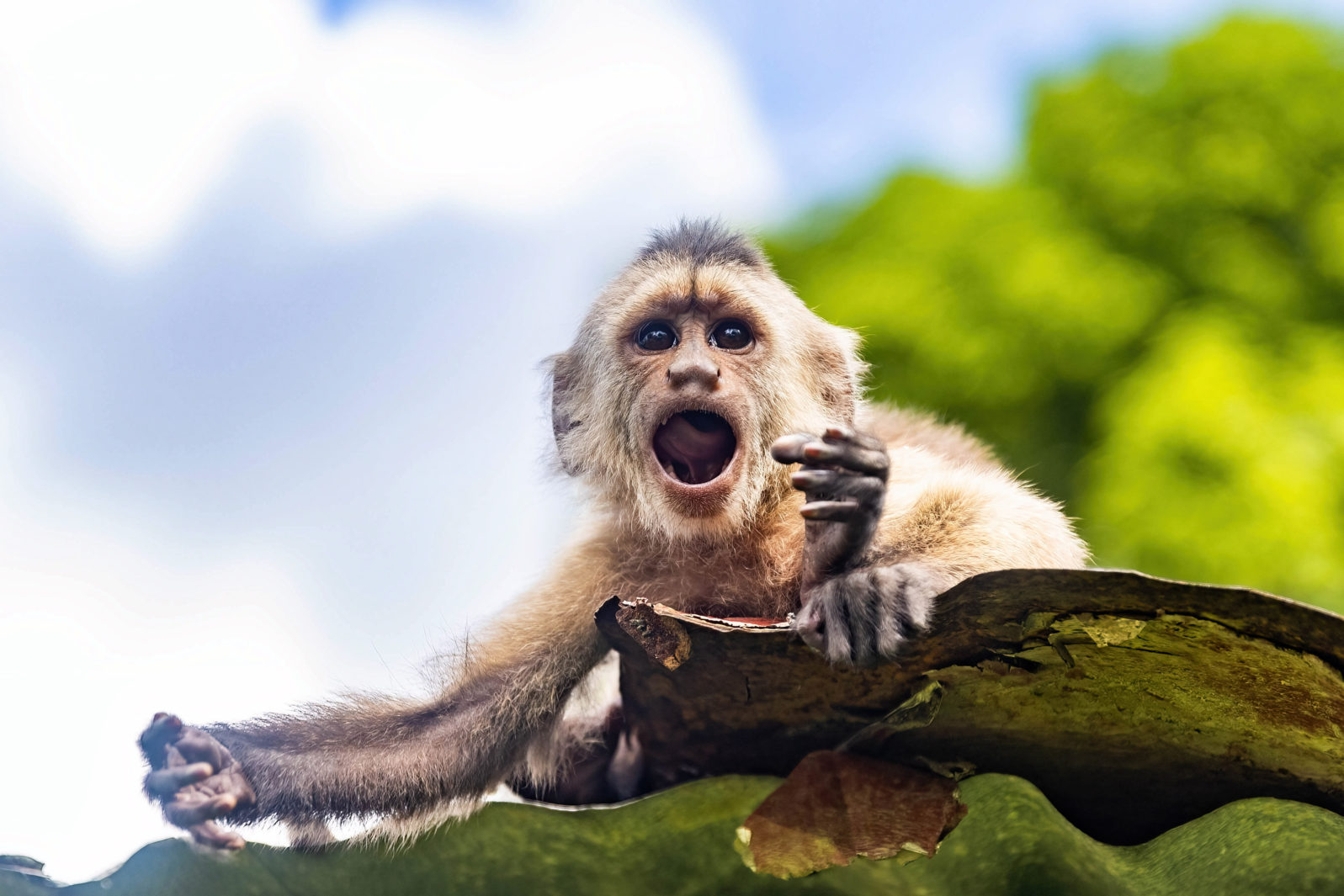Do Animals Really “Take Revenge”? Another Look…
Four animal behavior specialists offered some thoughts at GizmodoLast month, Gizmodo interviewed a philosopher who thinks that animals like the opossum “understand” death. This month, they reprinted a feature from 2020 on whether animals practice revenge. Back then, Daniel Kolitz had asked four animal behavior specialists what they thought about it.

From crocodilian specialist Vladimir Dinets at University of Tennessee, Knoxville:
Yes, animals do practice revenge. Chimps do it, for example. Macaques do it, too, although not directly: if they cannot attack the offender because he is much stronger, they would hurt someone weaker instead, sometimes the attacker’s relative.
“Do Animals Practice Revenge?,” October 14, 2024. Originally published June 22, 2020.
Curiously, Dinets does not mention his specialty subject, crocodiles and their relatives. He goes on to say something curious:
Also, there are many documented cases of wounded animals chasing or ambushing their hunters in situations when it would be obviously more reasonable for those animals to run away or hide. Why they do it is unclear. “Revenge?”
How does the concept of “more reasonable” function here?
These animals are not reasoning creatures to begin with. Wounded, they may be confused, in pain, and heedless of their usual survival strategies. So they simply lash out.
He adds:
In humans, revenge is usually an irrational manifestation of our innate desire for justice, which is also observed in many other primates and has evolved to enable social cooperation. We always want to reward altruistic behavior in others and punish them for excessive selfishness. “Revenge?”
Dinets is right about the innate human desire for justice but there is nothing irrational in principle about seeking revenge. It acts a form of deterrence. One’s religion (Christianity, for example) may teach that it is morally wrong to seek revenge. But that requires holding principles in tension — something animals don’t do.
Reciprocity vs. revenge

Malini Suchak of Canisius University in Buffalo works with cats and dogs and has previously worked with chimps:
I have no doubt that many animals engage in reciprocity, which we usually think of as “you scratch my back, and I’ll scratch yours.” Reciprocity can also extend to negative acts, for example, if someone is a bad cooperator, you might refuse to cooperate with them in the future. That is something I saw in my own research with chimpanzees.
Reciprocity of negative actions isn’t precisely the same thing as revenge, which, to me has a component of moral justification. While it seems clear that other species have their own moral codes and systems (for example, capuchins react negatively to unfair situations), the idea of applying revenge to other species concerns me because it assumes their moral systems are the same as ours—they view the same things we do as right or wrong. I often hear people say things like, “I went on vacation and my cat revenge peed on my bed,” which implies that the cat knew it wrong to pee on the bed, but did it anyway to punish them for leaving. In all likelihood their cat was extremely stressed out by the change to their environment. “Revenge?”
Suchak is onto something here. Reciprocity is simply doing what the other party does. It is not the same thing as revenge, which has a sense-of-justice component (as Dinets recognizes).
But what about her notion that dogs or cats have a different “moral system” from the human one. To the extent that they do not do abstract reasoning, they do not have a moral system at all. They may behave in a way that humans identify as virtue or vice (loyalty vs. selfishness). But they did not arrive at their behavior by contemplating virtue or vice. They behave according to their natures, for which they are not responsible.
But Suchak is surely right to see that the cat is not trying to “punish” the vacationing human! The cat has no sense that the human is doing anything wrong. But he very much fears abandonment. And he has no way of knowing when the human is returning. Peeing on the bed is one way of establishing that that bed is his territory — and his territory includes the human who sleeps in it, whenever that human comes back…
Hitting on a third party

Bucknell University’s Peter Judge’s primary research area is macaques:
They live in large social groups, and they have matrilines—an older matriarch will have her kids, and her kids will have her kids. Often all their kids will form a family, and then there will be another, unrelated female that has their own family. When one of these families gets into a fight with another family, pretty much all the family members will join in and help. It can be pretty vicious at times. At a small level, if somebody from family A aggresses against somebody from family B, that member of family B is likely later on to go after someone from family A—chase them, bite them, hit them. “Revenge?”
So members of the hostile groups attack each other. But Bucknell does not state that there is any specific revenge component to the aggression. Social insects like ants probably do the same thing; it needn’t be governed by individual theories of justice at all.
Stephanie Poindexter, a primate specialist, is surer — more or less:
Obviously we can’t know their intent, because we can’t ask them what they were planning to do or why they did it. But in studies of primates in captivity, in social groups in zoos, we’ve seen that when an individual is attacked in some way, the likelihood of them attacking someone related to their aggressor is higher. Typically there’s a preference for attacking a third-party associated with the original aggressor, as opposed to the actual aggressor. (This phenomenon has also been seen in spotted hyenas.) For the most part, these acts of “revenge” take place shortly after the attack—I haven’t seen anything where a primate spends an extended period of time plotting revenge on his enemies. “Revenge?”
Well, that all makes sense. The primate may hesitate to assault the original successful aggressor and thus picks an easier target close to the aggressor. The fact that the primate has no long-term plan is consistent with the absence of reasoning, which rules out human-like concepts like long-plotted revenge.
Stories of animals seeking revenge
The true tale of an Amur tiger hunting down and killing his hunter in 1997 is among the best attested of these stories. But a tiger stalking and killing his attacker is not “seeking revenge”; he is eliminating a serious threat in his territory.
One unfortunate outcome of a tendency to suppose that animals think (or even can think) just like humans is, as Suchak notes, that they may be blamed or even punished for things that are simply natural for them to do. The world of right and wrong, crime and punishment, revenge and forgiveness, is a human one that requires the gift of abstract reason.
On a happier note: A Siberian tiger release…
You may also wish to read: The opossum is not an animal who “understands death”! And “human exceptionalism” is just a fact. Philosopher Susana Monsó admits that her thesis that opossums understand death is partly driven by her environment concerns — and her emotional needs.
